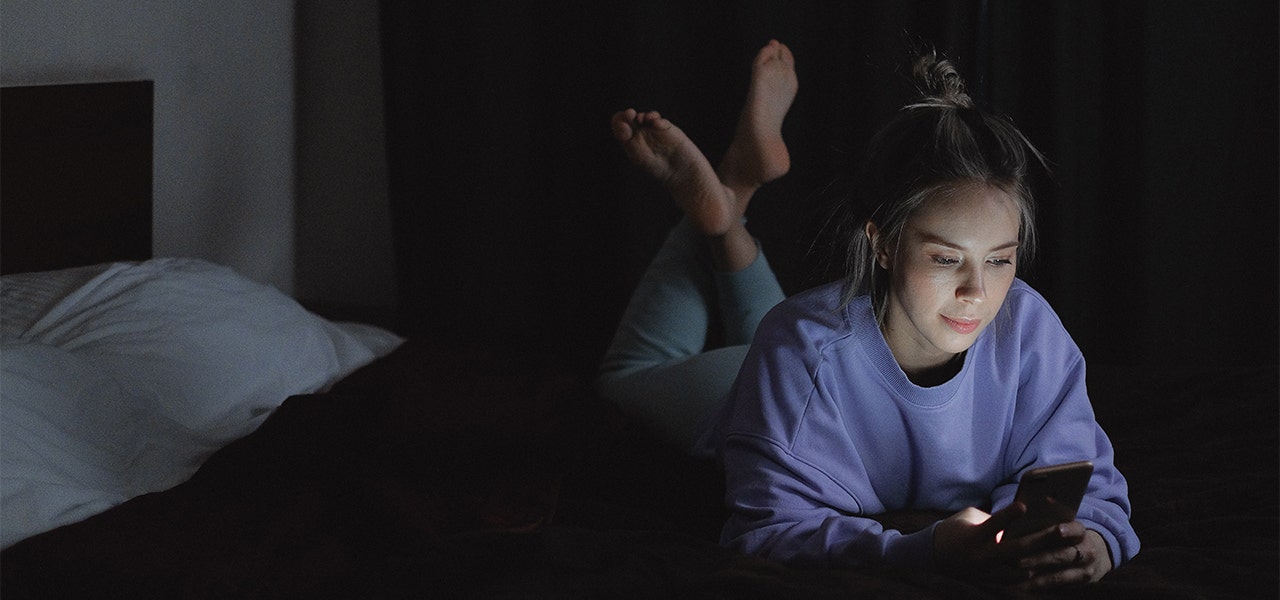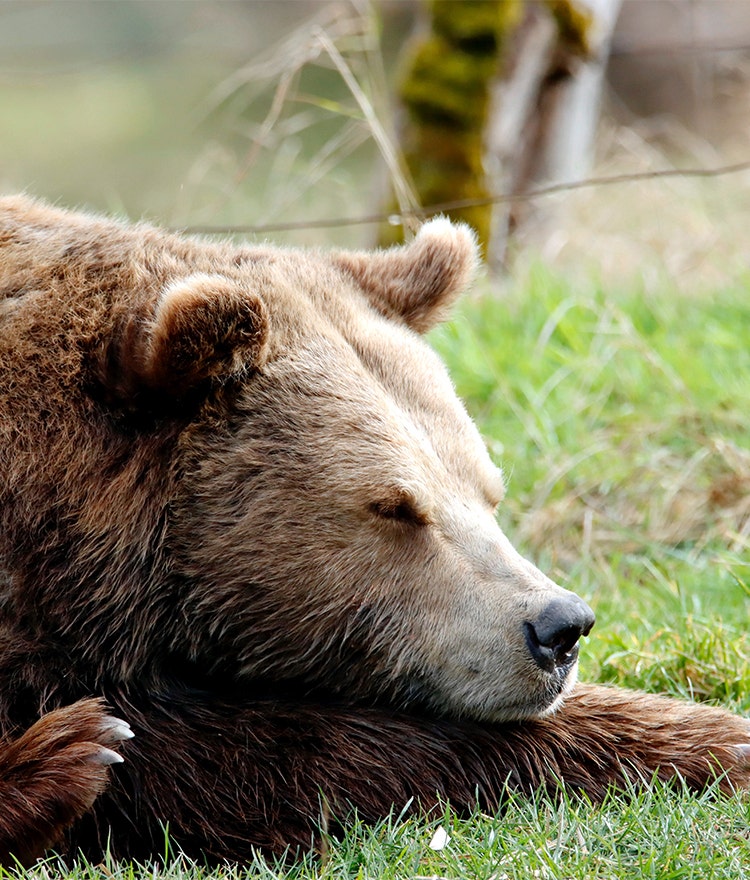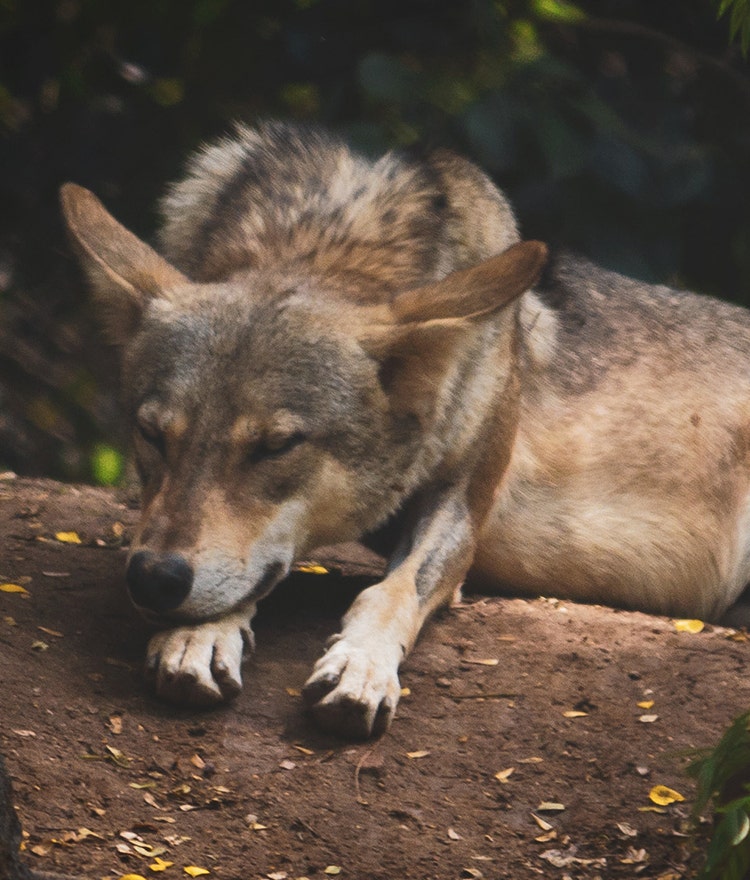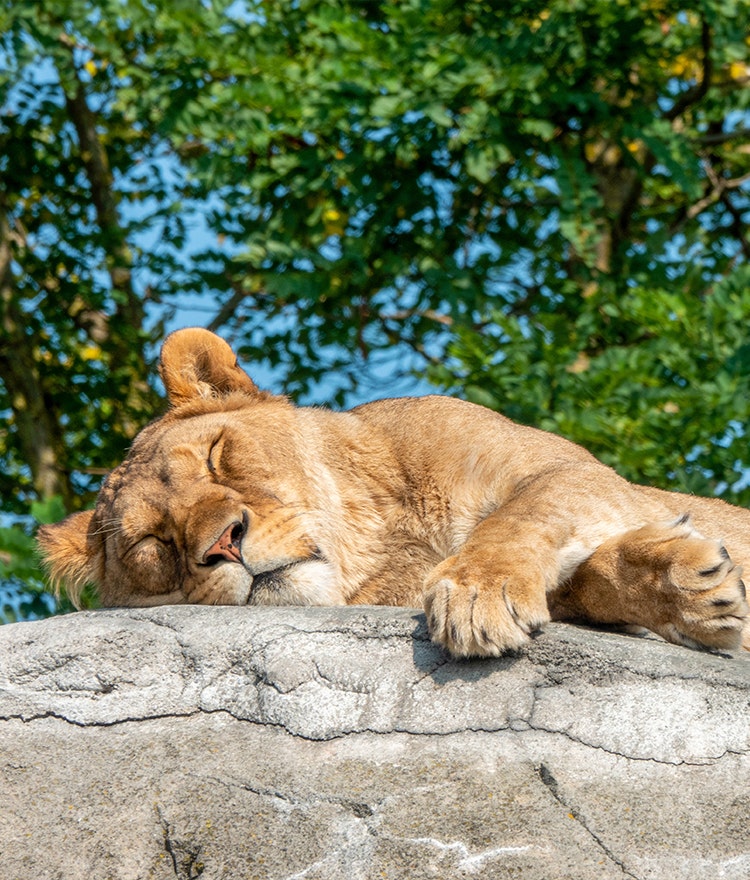
You’ve likely taken a personality test at some point to better understand yourself, but here’s something you may not know: your sleep chronotype. Most people can tell on their own whether they’re an early bird or a night owl, but what about a dolphin or a bear?
These animals, as well as the lion and the wolf, make up the four sleep chronotypes. Knowing which one you are can help you better understand your sleep needs. Keep reading to find out whether you’re a lion, bear, wolf or dolphin.
What is a sleep chronotype?


Your chronotype refers to your individual, inherent preferences for certain times of day, which influence your natural sleep-wake patterns and daily rhythms. It determines whether a person is naturally inclined to be an "early bird," feeling most alert and energetic in the early hours, or a "night owl" who’s more active and alert during the latter part of the day.
This preference is regulated by your body's internal biological clock – aka your circadian rhythm – which governs various physiological and behavioral processes over a 24-hour cycle. Many experts also agree that your chronotype is genetically preconditioned by the PER3 gene.
Your sleep chronotype also determines your peak productivity times when you’re not sleeping and is connected to your emotional regulation. Understanding your chronotype can help in optimizing productivity, managing sleep patterns, and aligning daily activities with your natural biological tendencies.
How is sleep chronotype different from circadian rhythm?
As mentioned, your circadian rhythm is your body’s internal clock and natural sleep-wake process following a 24-hour cycle. While our circadian rhythm is greatly influenced by outside forces and habits, such as light exposure, our chronotype is not. Our chronotype is instead inherent to us.
Scientists have determined it’s impossible to change your chronotype, though it may shift throughout the course of your life. That’s why it’s so great to know yours so that you can work with it and get more out of life by being as productive as possible!
4 Types of sleep chronotypes
People generally fall into one of four chronotype categories: the bear, the wolf, the lion or the dolphin. Each of these chronotypes is based off of the corresponding animal’s sleep patterns and habits. Let’s find out which one resonates most with you!


The bear chronotype
People with a bear chronotype usually experience a balanced preference for both mornings and evenings, maintaining a moderate level of alertness and productivity throughout the day. They tend to feel most awake and focused during the mid-morning and early afternoon, but may experience the "afternoon slump." Most people fall under the category of a bear chronotype, with a sleep-wake cycle that’s synced with the sun.
The wolf chronotype
Wolves are those who naturally prefer a later sleep schedule and tend to be more active during the evening and night hours. Similar to what is considered a “night owl,” they often find it challenging to wake up early in the morning and may experience increased alertness and productivity during the afternoon and evening.
The lion chronotype
Also known as the "morning person" chronotype, the lion chronotype refers to individuals who naturally feel most alert, productive and energetic during the early hours of the day. People with this chronotype tend to wake up early without much effort and find it easier to accomplish tasks, make decisions and engage in activities that require focus and concentration during the morning hours. Lions typically experience a gradual decline in energy and alertness as the day progresses, leading to a relatively bedtime.
The dolphin chronotype
If none of those sound like you, it’s likely that you’re a dolphin. The dolphin chronotype experiences irregular sleep patterns and has difficulty maintaining a consistent sleep-wake cycle. Much like dolphins, who exhibit both daytime and nighttime activity, individuals with this chronotype often find themselves awake during the night and struggling to sleep during nighttime hours.


How to tap into your chronotype for better sleep
Each chronotype has its strengths and weaknesses – yes, even the dolphin! Now that you’ve determined yours, you can apply your chronotype to your life to better hack your productivity.
Knowing when you’re most productive, when you should recharge and when you should go to bed helps take the guesswork out of planning your schedule.


Bears
This chronotype benefits from a continuous flow of energy. Bears should typically ease into the day and ease out of it. Try scheduling meetings in the mid-morning and finish up anything important before the late afternoon. Bears are generally most productive before noon.
Wolves
Wolves often enjoy working from home. They should avoid scheduling anything important early in the morning and are most energetic waking up later in the day. Wolves are most productive between noon and 4 p.m., with bursts of creativity and energy in the evening.
Lions
Lions are early risers. They are most productive in the hours before noon and like to go to bed early, typically around 9 p.m. If you’re a lion, try to complete all important tasks in the early hours of the day and avoid meetings or appointments in the late afternoon – your energy will quickly fade in the evening.
Dolphins
Dolphins tend to be highly intelligent but also high-strung and sensitive sleepers. Those with this chronotype have a window of productivity between 10 a.m. and 2 p.m. each day. Be aware of creative sparks that come throughout the day. When feeling that it’s time for bed, unwind and avoid distractions that may interfere with shut eye, as it’s already difficult enough for this type.
It’s always best to work with your chronotype. Don’t fight it! Now that you know yours, you can set yourself up to be your most well-rested, productive self. You’re welcome.
Want to learn more about your circadian rhythm? Learn what a circadian rhythm is and how to reset it on our blog.







